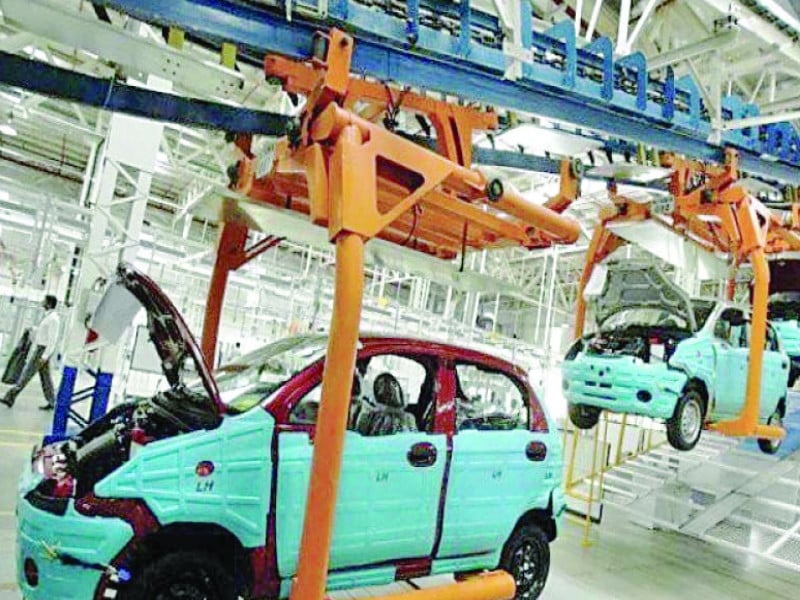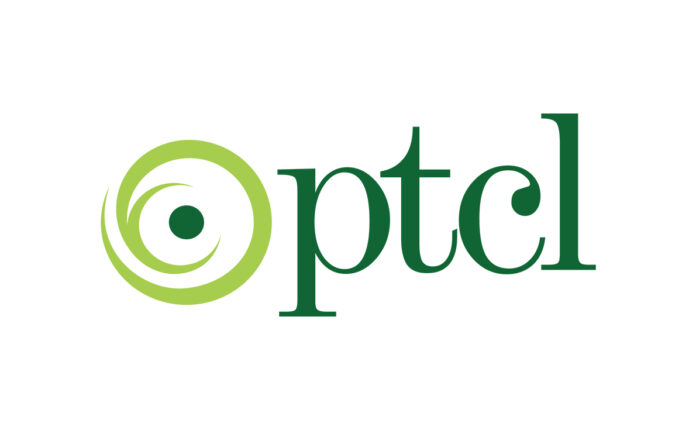KARACHI: Auto experts say a combination of factors, including weakened purchasing power, high taxation, rampant inflation and currency devaluation, have prompted automakers to cut prices. The move, while reducing profit margins, benefits customers and provides support for a struggling industry.
Expressing frustration over poor economic policies, market analysts told that the government’s recent decision to increase sales tax on vehicles with an engine capacity of 1,400 cc and above, as well as vehicles priced above Rs 4 crore, from 18% to 25 %. adversely affected the automotive sector. They point out that this increase in sales tax, enforced by the government and the Federal Board of Revenue (FBR), has forced automakers to cut prices, sacrifice profit margins and come up with customer-friendly strategies.
For example, if companies were to pass on the entire 7% sales tax increase to vehicles priced slightly above Rs 4 million, customers would face an increase of at least Rs 280,000 per unit. However, instead of passing this burden on to customers, the companies decided to cut prices to keep these vehicles in the 18% sales tax bracket. Ultimately, customers bear the brunt of these sales taxes.
Also read: PM Shehbaz resolves to foster bilateral ties with Kuwait
Experts identify four major challenges – high interest rates, high taxation, rupee devaluation and inflation – that significantly affect the auto industry. They stress the need for the government to formulate consistent and pragmatic policies to stimulate the growth of the sector, warning that without such measures, automotive plants may become economically unviable, leading to increased unemployment.







